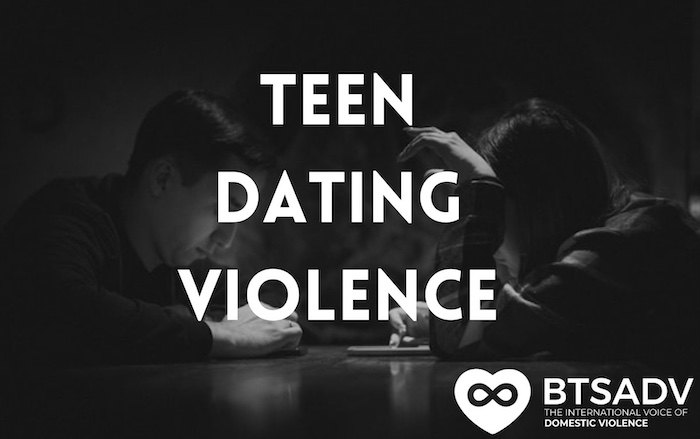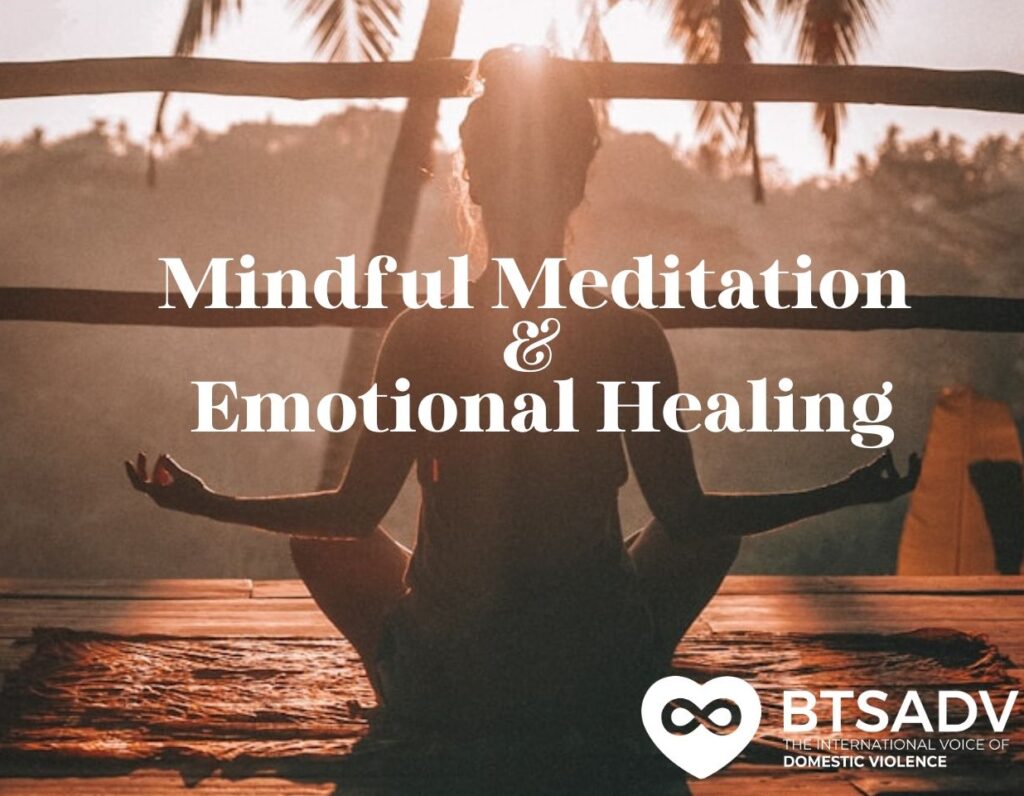How to Comfort a Friend Who May Be in an Abusive Relationship

By Tara Woodlee Do you think your friend may be in an abusive relationship, but don’t know where to start? Read on to find out how to be helpful, how to support, and how to get your friend to safety! Sarah Sarah used to be full of life, always laughing and excited about new adventures. […]
Need to Know Facts About Domestic Violence

By Mikayla Shave Domestic violence includes not just sexual assault, or punching a spouse. Domestic violence includes predatory skillsets—gaslighting, weaponized incompetence, and withholding of finances. It includes an abuser isolating their victims in such a way that they may not understand their actions. It’s like a wolf hunting for prey. They start with subjects who […]
The Impact of Domestic Violence on Child Custody

By Mikayla Shave Domestic violence is a grim reality that affects countless families across the globe. It is not only a deeply personal issue. But also one that has significant legal implications, especially when it comes to child custody cases. Parents embroiled in these difficult situations often face a labyrinth of legal challenges that are […]
Gaslighting Facts and How to Move Forward

By Sammie Rose For those who are familiar with gaslighting may express that this form of abuse can lead any victim into another realm of disconnect. One of the most perplexing things about domestic violence, or IPV, is the driven notion that it is limited to only physical abuse. How many have heard of the […]
Teen Dating Violence: Respecting Boundaries in the IRL and URL World.

By Misty Medders Teen Dating Violence: Respecting Boundaries in the IRL and URL World Dating violence is a significant issue affecting teenagers today, and it’s not confined to the traditional “real world” (IRL) settings anymore. With the rise of social media and digital communication, teen dating violence (TDV) can also occur online (URL). As a […]
Complete Guide to Mindful Meditation, and Emotional Healing.

Mindful Meditation






